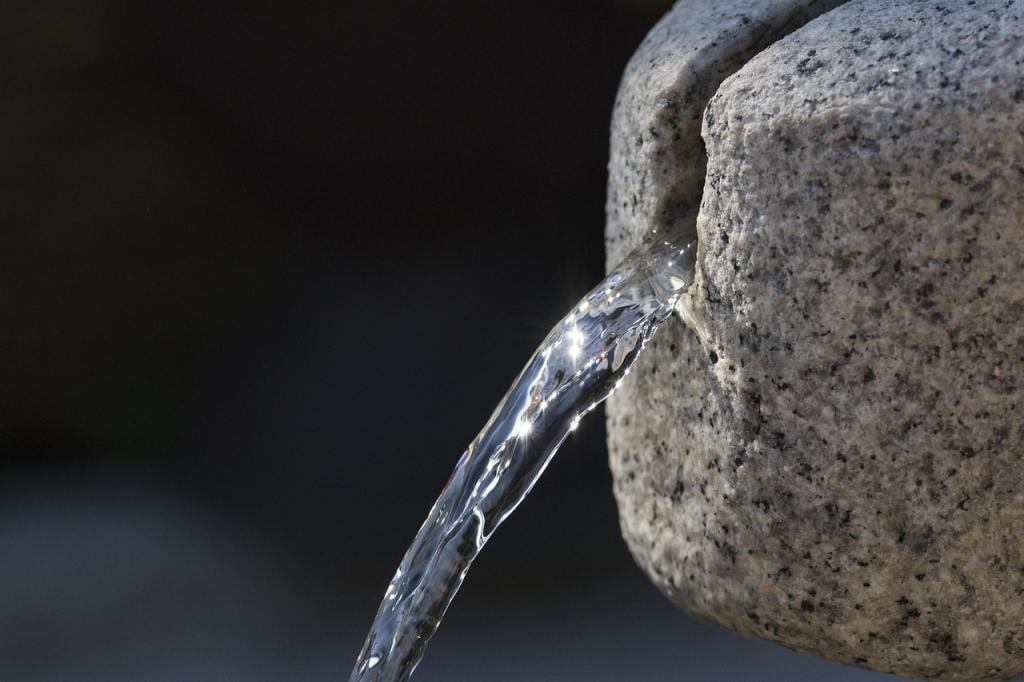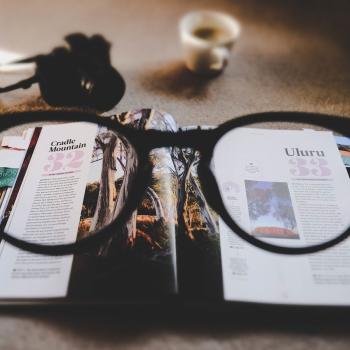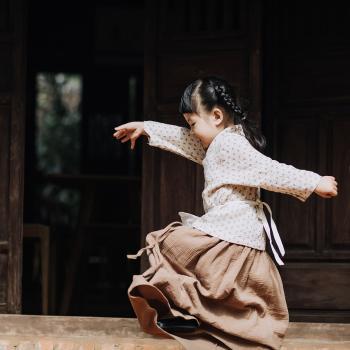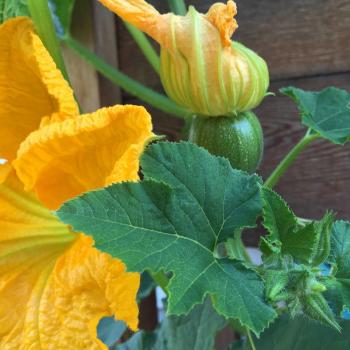I have not known true thirst – not to the point of death or to believing death inevitable if I do not get drink I so eagerly, desperately crave.
It makes me wonder: Did Jesus know such thirst before this moment on the cross? Did he realize his humanity would become so obviously apparent in this singular moment, put on display for all to see based on the singular human need to drink?
Today we have walked through the Seven Last Words of Christ – the words spoken to God and to the good thief, to Mary (his mother), to God (his father), to all, to the world, and back to God again. And those sacred words, “I am thirsty,” or even, sometimes, simply, “I thirst,” are believed to be the words spoken to ALL.

“To all”: what an inclusive phrase, an umbrella statement that shouts universality across the board. The playing field is leveled, when, at the end of the day, we’re all just humans in the end. We all bleed red; we all are born and will someday die; we all need food and drink, if we are to live in these moments in between. How poignant that here, the only need Jesus has is for drink, is to drink. How utterly human of him. In the words thought to be spoken to all, Jesus shows us that he is human, that he is most like us. He shows us that it is okay to thirst.
Too often, we can err on the side of autotomy and self-sufficiency, attributes American culture too often values above anything else. I don’t want help, a young child says. I can do it myself! More often than not, we prize and celebrate and reward this independence. But Jesus, as he is often prone to do, shows us another way: I thirst, he says, toppling the rules of being and doing everything all by ourselves.
Although he thirsted, he could not lift a cup to his lips, nor could he (as Scripture later tell us), put a sponge, full of wine, on a branch of hyssop and hold it to his mouth.
Perhaps the invitation is this: Name the desperate, hungry thirst that dwells deep inside your soul. Cry out for the ache you want more than anything else. Might you speak these words aloud, to God and to your neighbors? Might you be open and vulnerable to this holy gaggle of saints, and then willingly, achingly plead on one another’s behalf?
We plead for healing, for love, for reconciliation; we pray for an end to violence and war, for a respite from division and strife.
And in naming this thirst and holding one another’s thirst we find relief:
There is a balm in Gilead
To make the wounded whole
There is a balm in Gilead
To heal the sin sick soul.
—
Today is Good Friday. This post is from a short homily given at last year’s Good Friday service at St. Paul’s Episcopal Church in Oakland, California. Might you sit with the tension of today.














